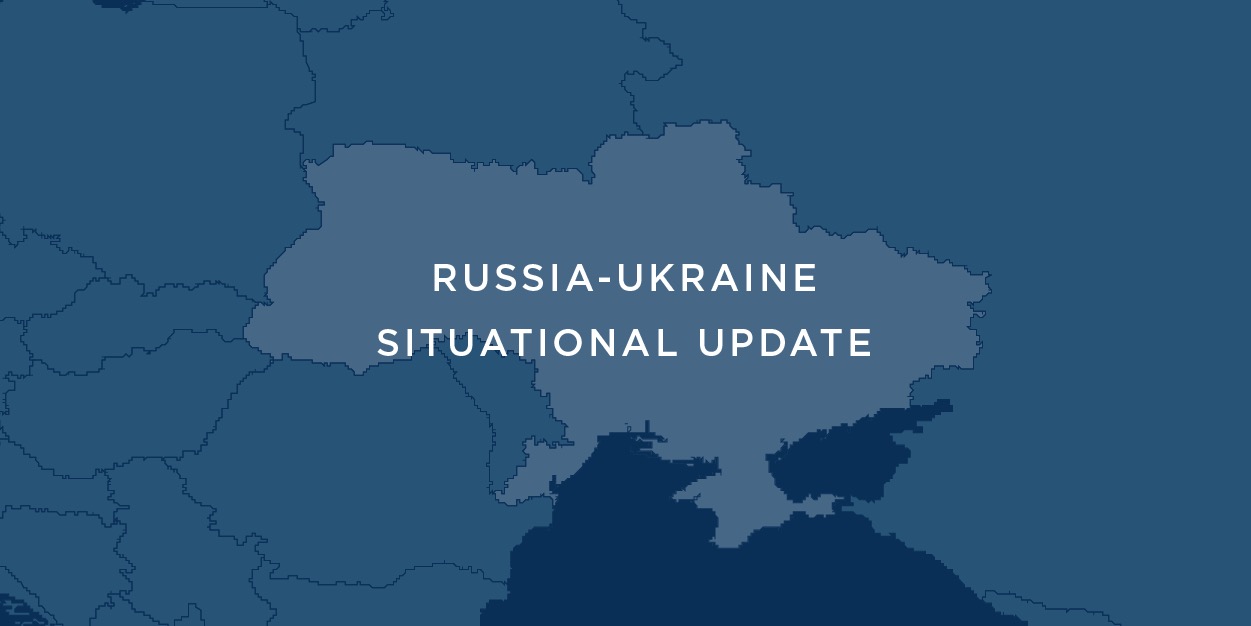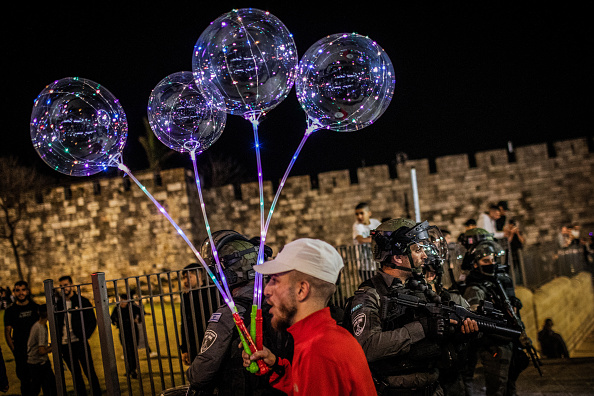SITUATION UPDATE
Israel is experiencing its worst terror wave in the last decade. At the end of March, 11 people were killed in three separate attacks, all occurring within one week. In response, the Israeli military and police launched an operation to thwart future attacks, arresting terror suspects in the West Bank. Military chief Aviv Kohavi said on Monday that the Israel Defense Forces (IDF) had foiled nearly a dozen terror attacks in the past two weeks, amid heightened tensions. The situation is highly volatile as the holy month of Ramadan (01 April–01 May) and the holy week of Passover (15 April–23 April) overlap this year, turning Jerusalem into an even larger flashpoint.
What is especially striking about two of the three terror attacks is that the assailants were Israeli-Arabs and conducted by individuals (as opposed to organized cells), making the attacks near-impossible to prevent. Tensions between Israel’s Jewish and Arab communities have been high since last year’s war in Gaza when there were numerous incidents of inter-communal mob violence in mixed Arab-Jewish communities. These attacks combined with the subsequent Israeli far-right backlash, proactive government anti-terror operations, and the potential for Palestinian terror groups to up the ante, make the current situation highly precarious.
Downside Risks
Last year, during Ramadan, clashes that flared between Israeli forces and Palestinians in Jerusalem led to 11 days of devastating conflict between Israel and Hamas in the Gaza Strip. In 2014, a chain of events that included the kidnapping and murder of Israeli youths, a large-scale anti-terror operation, and a revenge killing of a Palestinian teen, helped spark a war with Hamas. With many actors who stand to benefit from further attacks, a set of negative incentives exist for further violence, particularly in Jerusalem and Tel-Aviv.
Recent Events
02 April – Israeli troops killed three Palestinian Islamic Jihad gunmen who were allegedly en-route from the Jenin area to carry out an attack in Israel during a raid.
31 March – Israeli commandos killed two Palestinian gunmen during a rare daytime raid, following a night where 31 alleged suspects were arrested in Jenin.
29 March – A Palestinian gunman shot dead five civilians across multiple crime scenes in Beni Barak, just east of Tel-Aviv. The al-Aqsa Martyrs' Brigades – the armed wing of the Palestinian Fatah movement – claimed responsibility for the attack.
27 March – A pair of Israeli-Arab gunmen attacked Israeli police in Hadera yesterday, killing two officers and wounding at least five civilians. The militants released a video prior to the attack claiming their allegiance to ISIS.
22 March – In Beer Sheva, an Israeli-Arab terrorist rammed into a cyclist before exiting the vehicle and stabbing passersby in a nearby mall, leaving four dead and two injured. The assailant had ties to the Islamic State.
19 March – A Palestinian assailant stabbed and injured an Israeli jogger on Hebron Road in West Jerusalem.














